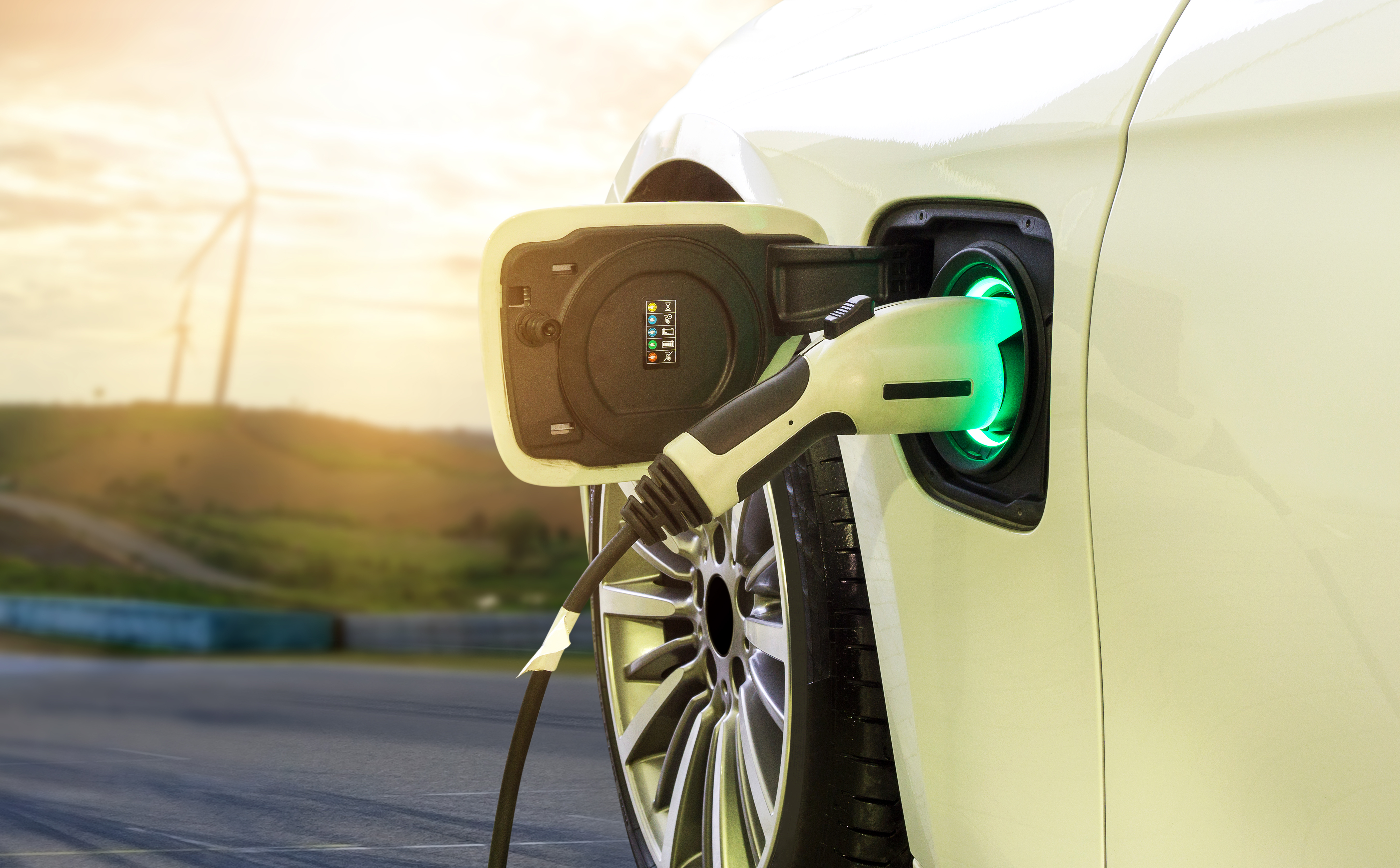- 31-01-2021
- Articles
Automotive: the electric vehicle takes off in the midst of the crisis
Right in the heart of the pandemic, electric vehicle sales have grown by nearly 50%. How has this sector withstood the crisis? Gurelan is driven and excited about the electric vehicle revolution, and is particularly completely confident about what its zamak, magnesium and lead injected solutions mean for the automotive sector. In the future, the electric vehicle sector will undoubtedly need new more efficient, durable and lighter parts to meet the needs for a large-scale consumer market.

We already know that the sectors related to technology, communications and biotechnology have thrived during the pandemic. However, while the automotive sector plummeted in general due to the spring lockdown, the electric vehicle had its best year despite the maelstrom. In 2020, electric-vehicle sales skyrocketed worldwide and were up 43% on the previous period. In total, over three million units were sold in the year of Covid-19, even though global vehicle sales fell by a fifth during the pandemic. However, this growth of the electric vehicle market is even more noteworthy, as the sales of this type of cars fell under 2019 levels between March and June, when the lockdowns were at their strictest nearly everywhere worldwide. In summer, electric vehicle sales recovered strongly to the point they nearly doubled the December 2019 values.
Why have electric vehicle sales skyrocketed?
Apart from steadily making its mark as an increasingly more attractive, efficient and green technology, the electric car has strong institutional backing that had already started prior to the pandemic. For example, several countries in Europe have already set deadlines to phase out the sale of fossil fuel cars over the coming decade. On the other hand, environmental protection policies require the traditional automotive sector to gradually reduce its vehicles’ fuel emissions, with the resulting investment in research, development, industrialisation, advertising, etc. And if there’s a willingness to invest, why not do so in the technology that will certainly represent the transport of the future?
The electric vehicle needs a mass market
Accordingly, the increase in electric vehicle sales in Europe may be partly due to the major brands having had to update its fleets to meet EU emissions targets by 2020. For example, the transport industry urgently needs zero-emission trucks that adapt to these regulations. There may have thus been greater emphasis on selling low-emission vehicles (including plug-in hybrids and electric) than in the previous year. As has already been stated, the faster take-up of electric cars in the Covid-19 year is encouraging, as the sector is continuing to grow despite the difficulties. However, the definitive take-off of the electric motor depends on the globalisation of the technology and better performances. Yet, above all, a real mass market needs a wide range of models at a competitive price.
Gurelan: suitable technology for the electric vehicle sector
Gurelan produces zamak, magnesium and lead injected parts for a wide range of sectors, including the automotive industry. So why not for electric vehicles as well? This industry has a series of precision, quality and durability requirements that the parts produced using pressure injection easily meet. As we have already mentioned at other times, Gurelan may be the best ally in the manufacturing of electric vehicles.
Nowadays, high performance materials and technology are the drivers for the coming electric vehicle revolution. In the midst of the electric vehicle revolution, manufacturing pressure injection parts in zamak, magnesium or lead, such as those that Gurelan produces for the traditional automotive sector, provides manufacturers with the flexibility to create complex and high-performance components. They are strong and resistant while being light. The considerable increase in the use in vehicles of parts cast in light metals, such as zamak or magnesium, is a growth opportunity for all types of sectors, but particularly the automotive industry.